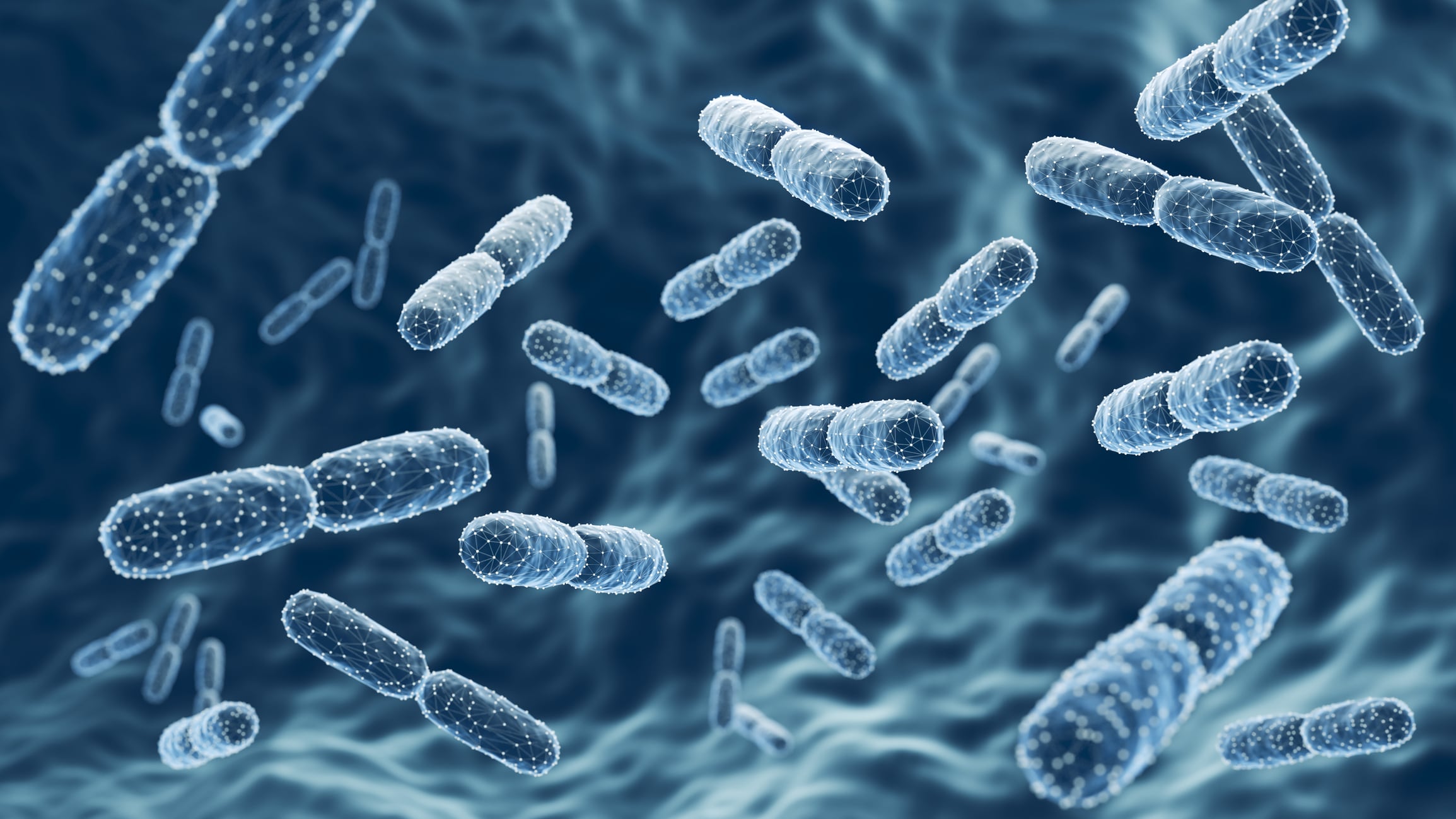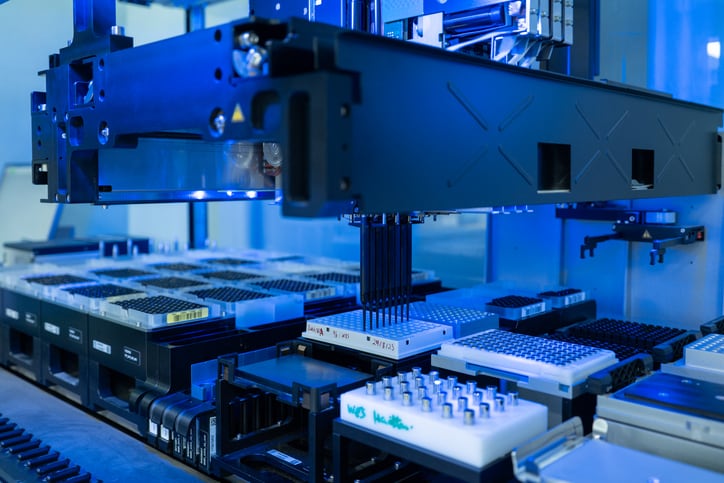The researchers at the microencapsulation company also found that the pea-protein protected Bifidobacterium probiotics. The paper is published in the International Journal of Food Science and Technology.
For probiotics to be effective, they must survive the harsh conditions in the digestive tract, such as high pH and digestive enzymes that may reduce their viability.
“The pea-protein capsule kept most cells alive through digestion, which makes delivering the CFU you claim far more reliable,” Dr Gonzalo Saiz-Gonzalo, who led the AnaBio research team, told NutraIngredients.
“Pea protein is plant-based and non-dairy,” he added. “It forms a protection, buffering acid and then opens up in the gut. That is the reason you get protection and controlled release without extra coatings. That’s hard to match with alginates or dairy proteins.”
Benefits of pea-protein encapsulation
There are several encapsulating agents that manufacturers may use to improve the bioavailability of probiotic supplements.
Pea protein is a food-grade, generally recognized as safe (GRAS) ingredient that may be a sustainable alternative to encapsulants derived from animals, such as milk proteins and gelatin.
The researchers noted that one of the most widely used probiotic encapsulation methods is alginate hydrogel beads cross-linked with calcium. Manufacturers also use starch or dairy-based systems.
“However, alginate and starch often require combination with proteins or additional coatings to prevent premature dissolution (e.g., alginate beads are commonly coated with chitosan to resist stomach acid),” they wrote, noting that using dairy proteins risks allergies and may not be suitable for some people’s diets.
“In contrast, pea protein offers a single-component, plant-based alternative that provides robust protection comparable to alginate or dairy-based capsules, while also meeting vegan and allergen-free preferences.”
Study details
The study employed a simulated in vitro model of gastrointestinal digestion (InfoGest) to evaluate the survival of Lacticaseibacillus rhamnosus GG microencapsulated in food-grade pea protein isolate compared to a non-encapsulated control.
Findings showed that the non-encapsulated probiotic lost approximately 50% viability during gastric digestion, and less than 20% was alive after subsequent intestinal digestion.
In contrast, the pea-protein encapsulated L. rhamnosus GG maintained 80% to 100% viability throughout the simulated digestive process, demonstrating better survival than the control even at higher gastric pH.
“The physical barrier formed by the pea protein matrix not only protects the cells from direct exposure to low pH and proteolytic enzymes but also provides a buffering effect against rapid pH fluctuations”, the study concluded..
The researchers also conducted complementary in vitro digestion assays using Bifidobacterium animalis subsp. lactis HN019. They found that the encapsulated Bifidobacterium lactis “maintained high viability across both gastric and intestinal digestion phases, whereas the non-encapsulated B. lactis exhibited a drastic loss of viability, with no significant recovery of live cells by the end of the intestinal phase,” underscoring the broader applicability of pea-protein encapsulation.
Source: International Journal of Food Science and Technology, 60 (2), vvaf154. doi: 10.1093/ijfood/vvaf154, “Pea protein microencapsulation improves probiotic survival during gastrointestinal digestion”. Authors: G. Saiz-Gonzalo et al.



